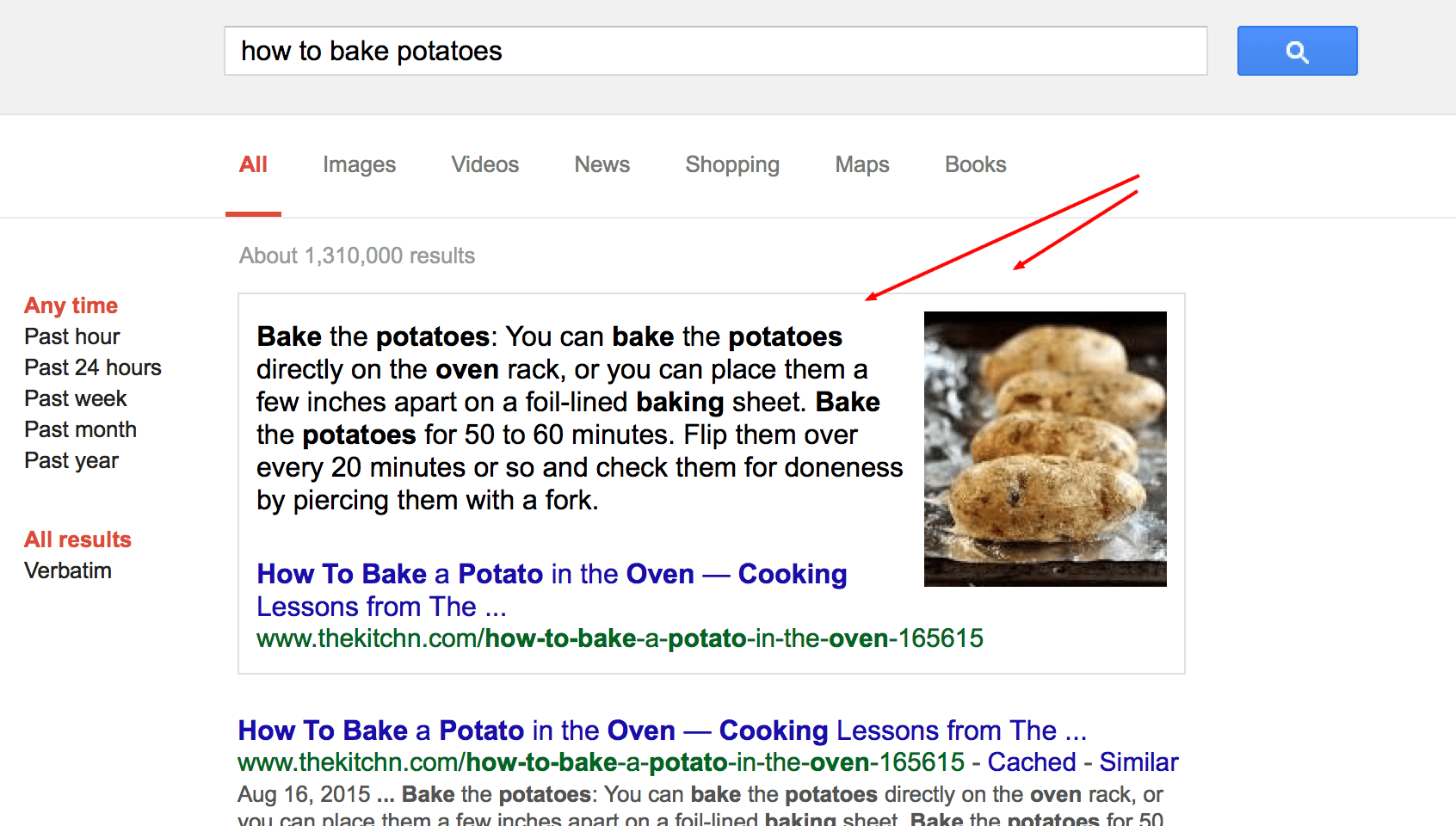

- #SQL SERVER BULK ADMIN ROLE CODE#
- #SQL SERVER BULK ADMIN ROLE PASSWORD#
- #SQL SERVER BULK ADMIN ROLE WINDOWS#
In order to maintain security and comply with many regulations, including PCI DSS and HIPAA, you need to know all the server and database roles assigned to each user. Each SQL database can also have its own unique permissions and roles.

#SQL SERVER BULK ADMIN ROLE WINDOWS#
Server-level roles, as their name implies, grant access server-wide, similar to groups in the Windows world. Microsoft SQL Server provides roles to help database administrators manage permissions to structured data. ON rm.member_principal_id = m.principal_id SELECT r.name role_principal_name, m.name AS member_principal_name Click New Query and paste the following script into the query field:.Upon connection, select the Database youneed to query for user roles.Querying database roles in SQL Server for a user Review the list of server-level roles and principals (member names) in the query execution results:._principals m on m.principal_id = rm.member_principal_id _principals r on r.principal_id = rm.role_principal_id and r.type = 'R' Select r.name as Role, m.name as Principal Upon connection, click New Query and paste the following script into the query field:.
#SQL SERVER BULK ADMIN ROLE PASSWORD#
If you do not want to re-type the password every time you connect to the server, tick Remember password.
#SQL SERVER BULK ADMIN ROLE CODE#
Operating system error code 5(Access is denied.)."BCP is running fine though. Operating system error code 3(The system cannot find the path specified.)."Using UNC it gives me this error:"Msg 4861, Level 16, State 1, Line 1Cannot bulk load because the file "\\Server1\MainFolder\Folder1\file1.dat" could not be opened. When I'm trying to run BULK INSERT through this login, it gives me an error:"Msg 4861, Level 16, State 1, Line 1Cannot bulk load because the file "Z:\Folder1\file1.dat" could not be opened. Hi,I have created a login using windows authentication in sql server 2005. We've got lots of great SQL ServerĮxperts to answer whatever question you can come up with.


 0 kommentar(er)
0 kommentar(er)
